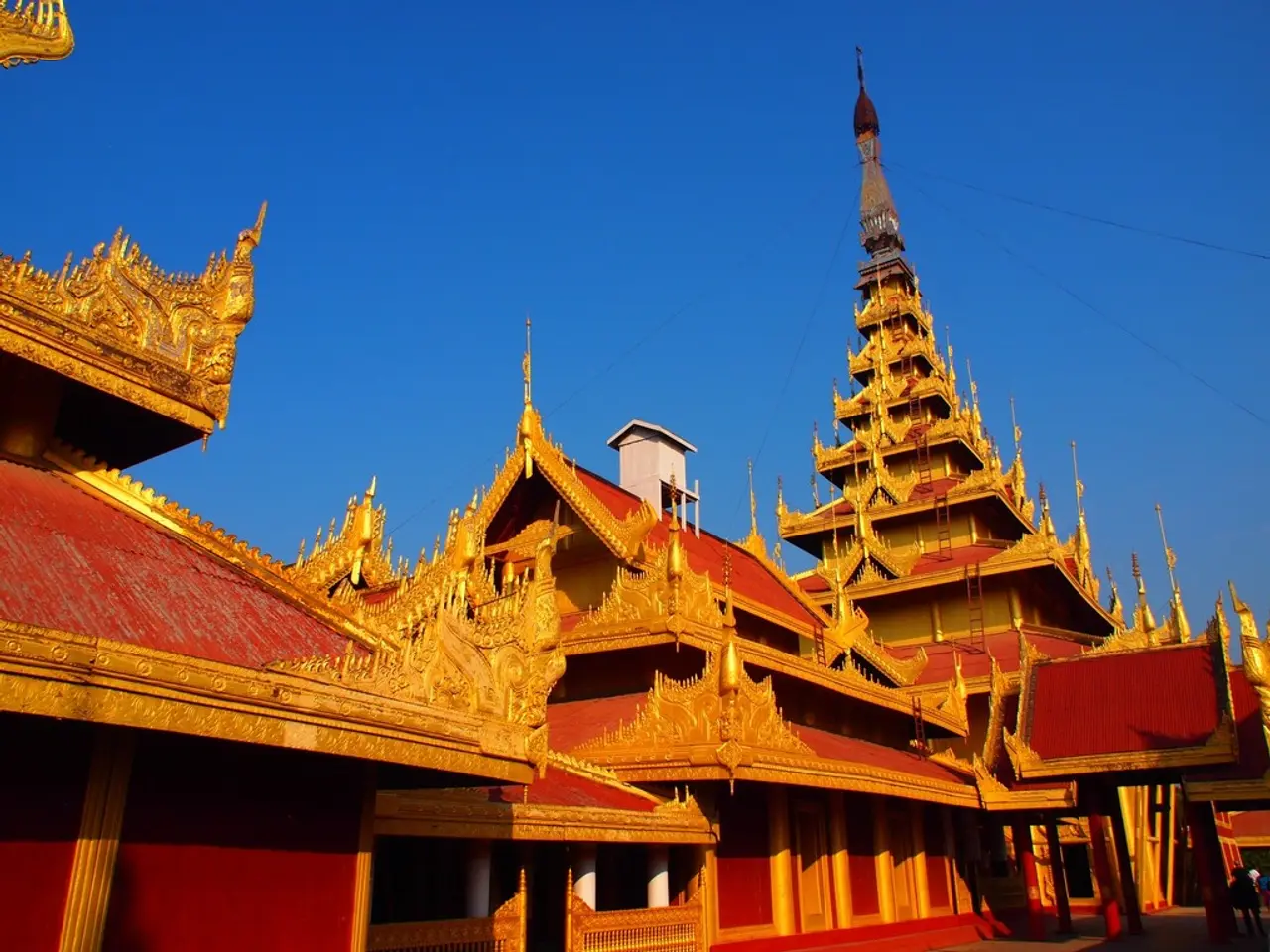The significance of military involvement in the upcoming election has never been greater
The upcoming parliamentary election in Bangladesh, scheduled before Ramadan in February, is set to be a significant event, with the Bangladesh Army ready to play a pivotal role. General Waker-Uz-Zaman, the Chief of Army Staff, has affirmed the army's readiness to assist in holding free and fair national elections.
Since 1991, the army has played a significant role in ensuring several free and fair elections in the country. However, since 2014, the army has been involved in three one-sided and controversial elections. The army's positive role during the July Uprising against the Hasina regime in 1996 has been widely lauded, but its involvement in the controversial elections has been a matter of debate.
The army's accomplishment in preparing the voter list with photographs under the supervision of the Election Commission in 2008 paid off, resolving the perennial controversy over the voter list. This sweeping power was first given to the troops before the 2001 parliamentary elections and continued till the 2008 polls. However, in the last three consecutive elections, which were controversial, the army personnel had little to do on their own as they needed a magistrate's order to take actions.
In an effort to empower the army personnel, the Election Commission has proposed a change in the election law to grant them the power to arrest troublemakers without warrants, similar to policemen. This proposal, if implemented, could significantly change the army's role in maintaining law and order during elections.
The number of troops to be deployed in election duties may be around one lakh, a significantly larger number than in any past elections. Given the poor state of police administration and the rise of mobs since Hasina's fall, the role of the army in ensuring law and order during the next election could be immensely significant.
The leadership of the army has always been crucial in defining its role. According to General Waker-Uz-Zaman, leadership matters in defining the role of the army. The army's top leadership during the last three controversial elections was loyal to Hasina, limiting the troops' ability to play their due role.
Sheikh Hasina, the current leader, has remained in power through these contested elections until her fall on 5 August 2020. Chief Adviser Muhammad Yunus has stated that his government is planning to make the next election "the best ever and historic." General Waker has urged all members of the army to perform their duties neutrally in accordance with the law.
It is worth noting that the search results do not contain information on which person proposed granting the military the power to detain people without a warrant before the next parliamentary elections. This is an important aspect to consider, as it could have implications for the army's role and the overall conduct of the elections.
In conclusion, the upcoming parliamentary election in Bangladesh is set to be a significant event, with the Bangladesh Army ready to play a pivotal role. The army's history of involvement in elections, both positive and controversial, suggests that its role will be crucial in ensuring a free and fair election. However, the proposed changes in the election law, the leadership of the army, and the political context all contribute to the complexities surrounding the army's role in the upcoming elections.
Read also:
- Discusses Rasmus Sojmark's thoughts on the Legends Charity Game before SBC Summit
- Stone mining has transformed the once renowned 'Sada Pathor' into a desolate, post-apocalyptic landscape.
- The Developmental Journey of Digital Supply Chains
- In the Heart of Soho, Manhattan, a New Brewery Emerges Underground








